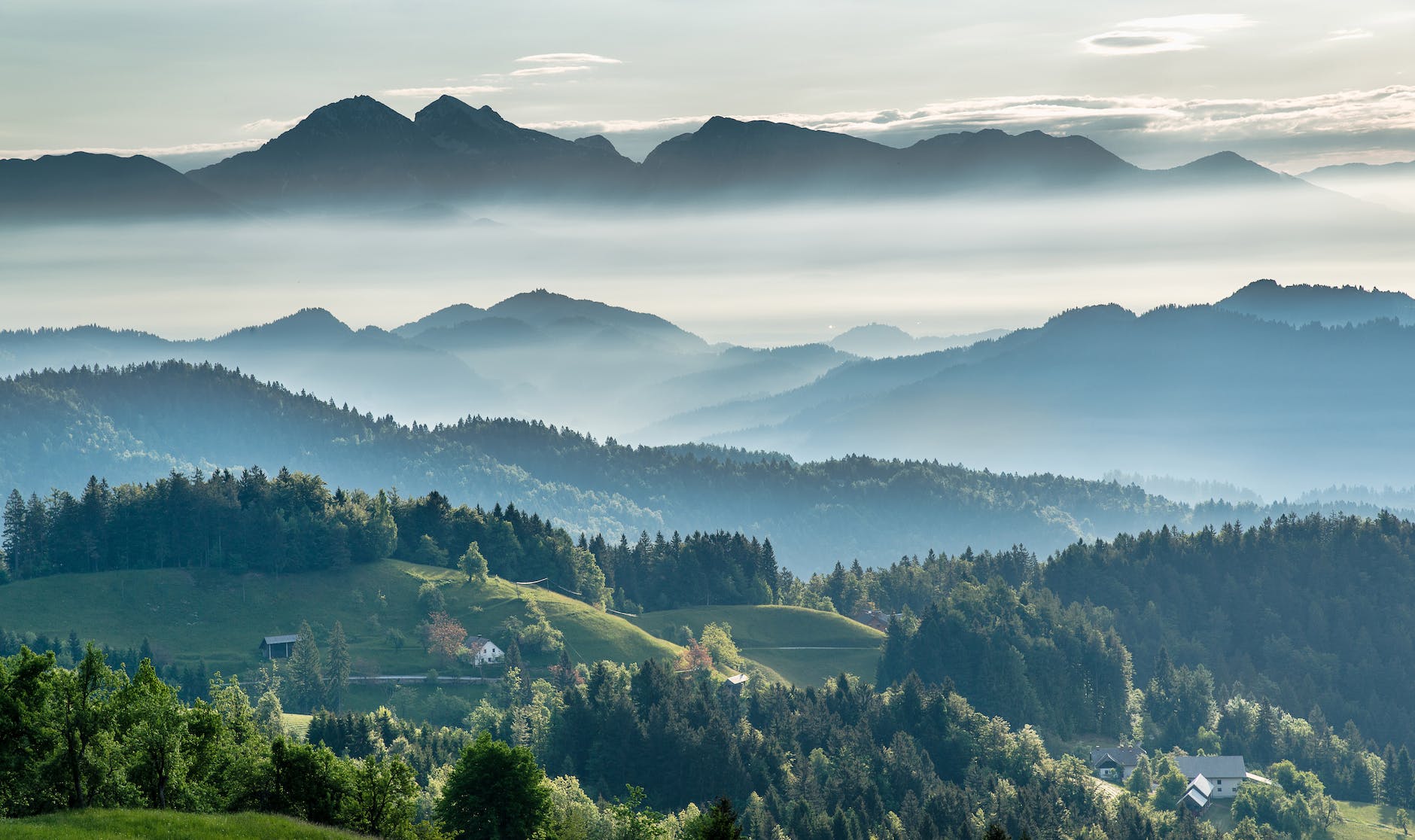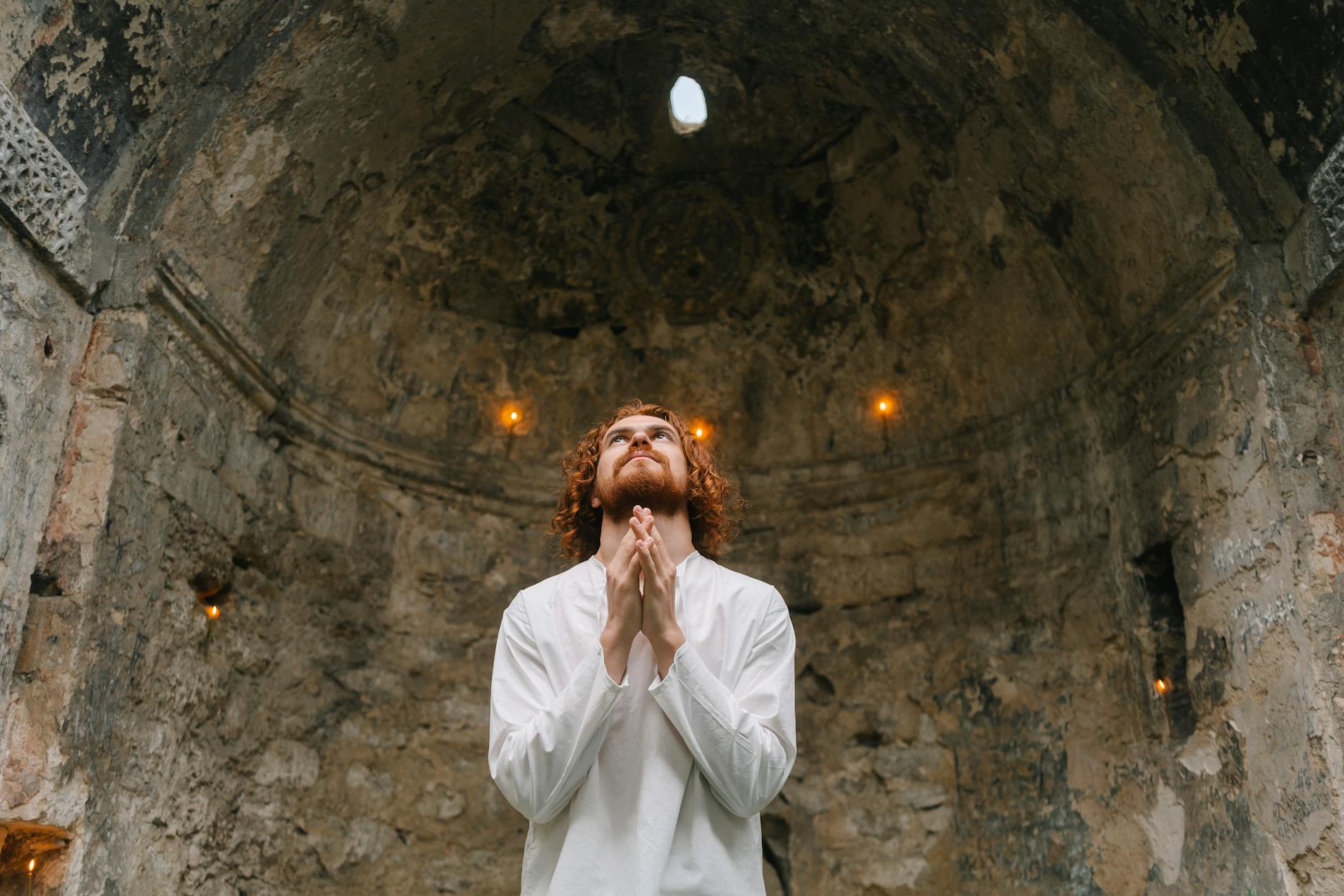Spiritual journeys have long been associated with the exploration of one’s inner universe. These quests have often been undertaken in a myriad of ways, including meditation, yoga, and solitary retreats. Yet, in recent times, there has been a resurgence in interest regarding another, more taboo method – the use of psychedelic substances as a means of consciousness expansion and spiritual awakening.
Psychedelic substances, often referred to as “sacred plants” in many indigenous cultures, have been used for thousands of years for spiritual and healing purposes. Ayahuasca, Psilocybin (magic mushrooms), and Peyote are a few examples that have played crucial roles in aiding self-discovery through altered states of consciousness.
These brainscape-altering substances are now making their way into mainstream discussions of spirituality, mindfulness and mental health, with many researchers and spiritual seekers advocating their therapeutic and introspective benefits. And, like the ancient cultures that used these substances as spiritual “technology”, modern-day explorers are notably realizing their potential as powerful tools for personal transformation.
Psychedelics have demonstrated their capacity for invoking profound mystical experiences, those rare moments when individuals feel they have encountered a reality beyond the ordinary – a transcendence of typical understanding. Underscoring these experiences is an extraordinary shift in conscious awareness, a deep introspective view into the self, and a feeling of interconnectedness with the universe.
Evidence from clinical studies, like those conducted by the Johns Hopkins Centre for Psychedelic and Consciousness Research, have shown that psychedelics like Psilocybin have the potential to create these transcendent experiences, providing an avenue for radical shifts in perception which can contribute to spiritual awakening.
Uniquely, the mystic states induced by psychedelics often lead to transformations that extend beyond the temporality of the experience. Many people report enduring changes in their beliefs, attitudes, and general perception of the universe after a single psychedelic session. This phenomenon of lasting transformation is particularly useful for those seeking a breakthrough in their spiritual journey.
However, these substances are not a magic pill for enlightenment. They require the presence of two essential elements – set and setting. The ‘set’ refers to the mindset one has entering the experience – intentions, expectations, current emotional state, etc. ‘Setting’, on the other hand, refers to the environment in which the drug is taken. A calm, supportive, and safe environment is crucial for the cultivation of profound psychedelic experiences that can lead to self-discovery.
For many, the exploration of psychedelics and their role in spirituality is not only a pursuit of personal enlightenment but a larger philosophical inquiry. MAPS, the Multidisciplinary Association for Psychedelic Studies, emphasizes that these substances can provide a powerful catalyst for exploring the mystery of consciousness – one of the greatest enigmas of science and philosophy.
In a world dominated by materialistic perspectives, psychedelics provide a much-needed shift in viewpoint, offering a new dimension of subjective experience. They challenge the merit of reductionist perspectives, fueling interest in panpsychism, the idea that consciousness is universal and fundamental to the existence of matter.
Yet, while psychedelics provide fascinating avenues for spiritual exploration, they are not without their risks, including mental health aggravations and dangerous behavioral responses. As such, they should be used responsibly and ideally under professional guidance or within a supportive community.
In conclusion, psychedelics are potent tools for spiritual exploration, offering opportunities for profound transcendence, mindfulness, and self-discovery. These substances provide a renewed chance to probe the eternal questions of human existence, allowing us a glimpse into the infinite mystery of our conscious experience. In the words of the renowned ethnobotanist and psychonaut, Terence McKenna, “Nature is not our enemy, to be raped and conquered. Nature is ourselves, to be cherished and explored.”








